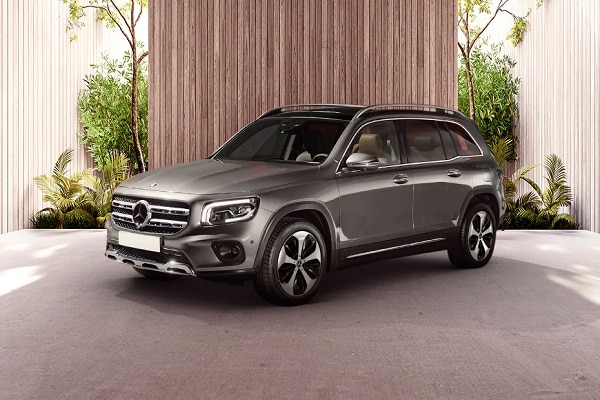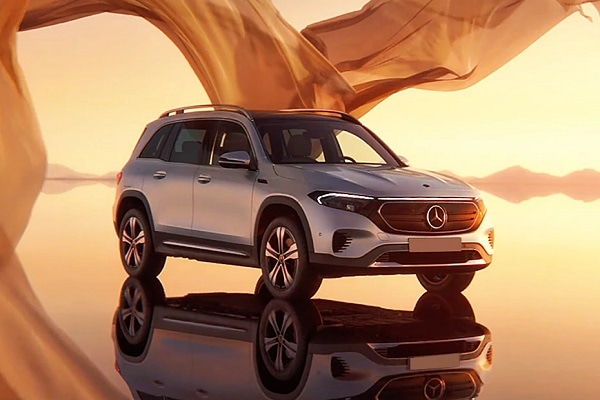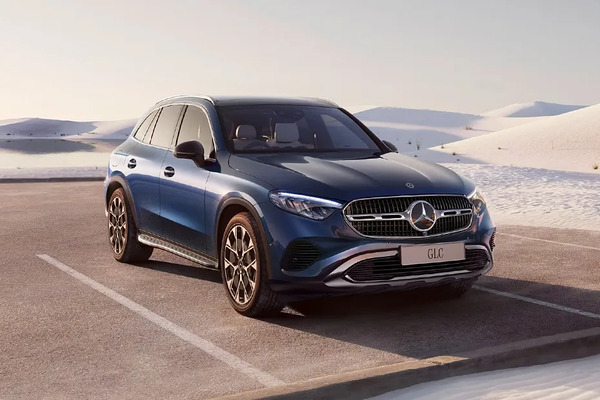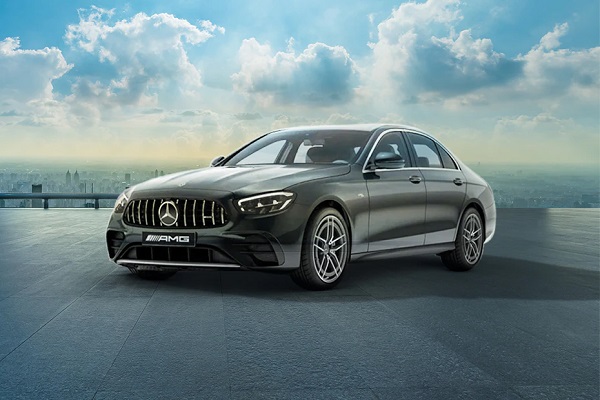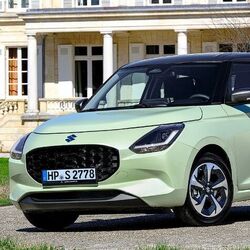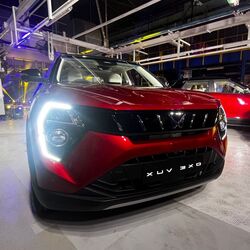Mercedes-Benz to use green steel in vehicles from 2025. Here's what it means
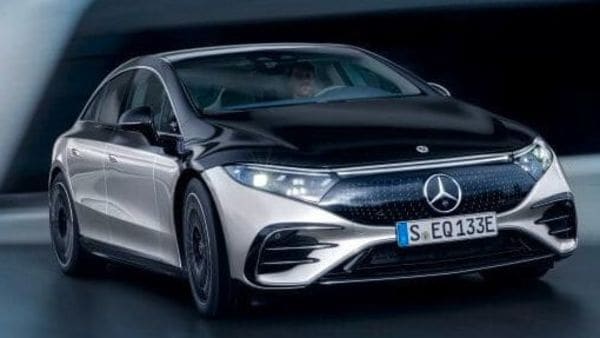

German luxury carmaker Mercedes-Benz has announced to use CO2 free steel in its vehicle production from 2025. The automaker has decided this as part of its goal to achieve CO2 neutrality. The automaker is aiming to achieve carbon neutrality by 2039, under its Ambition 2039 project. Mercedes-Benz is also aiming to make its vehicle fleet fully connected and zero-emission by 2039.
Also Read : Daimler to pay Nokia patent fees, ending legal fight
Mercedes-Benz has also announced an investment of $105 million in H2 Green Steel, a Stockholm-based green impact company.
Also check these Cars
Mercedes-Benz has already formed EQ, a dedicated division for electric vehicles. The EQ division has started rolling out zero-emission products as well. But the cars still come with materials that are not carbon neutral. Mercedes-Benz hopes to achieve greater carbon neutrality with green steel in vehicle production.
Any modern Mercedes‑Benz sedan uses around 50% steel. This accounts for around 30% of carbon emissions during the entire vehicle production. By using green steel, this percentage is expected to come down significantly.
Mercedes-Benz has already announced the timeline of introducing green steel into series vehicle production. But, the particulars about the models that will get the carbon-neutral green steel first is yet to be disclosed.
Talking about this decision, Markus Schäfer, Member of the Board of Management of Daimler AG and Mercedes-Benz AG, said that as a preferred partner of the start-up, the automaker will be launching green steel in various vehicle models as early as 2025. Among other carmakers, Volvo is another brand that is working to introduce recyclable materials into vehicle production to achieve environmental friendliness.
Founded in 2020, H2 Green Steel is aiming to accelerate change in the industry by eliminating all the CO2 emissions from the steel manufacturing process. The company is working towards sustainable steel production to meet the growing demand for fossil-free steel, as it claims. These steels are likely to be used vehemently in vehicle production in the coming decades.
In the new steel manufacturing process, F2GS reportedly uses hydrogen and electricity produced from 100 % renewable energy sources. The hydrogen serves as a reduction gas releasing and binding oxygen from the iron ore. Unlike the use of coking coal, this steel making process does not produce CO2, but water only.







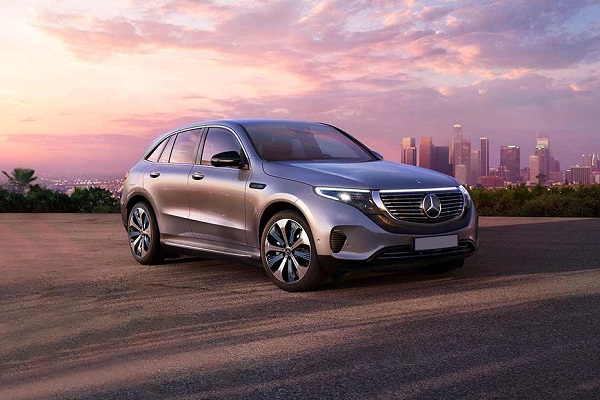
 80 kWh
80 kWh 471 Km
471 Km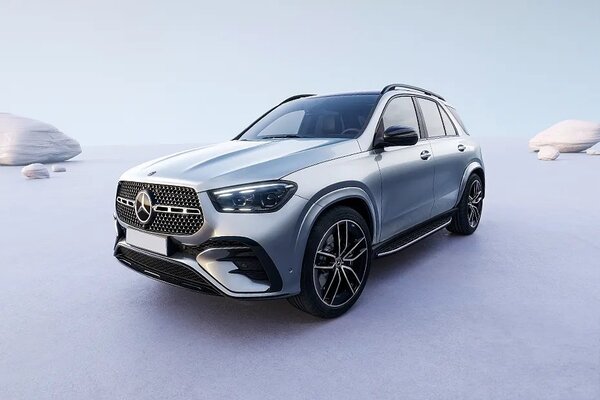
 2999 cc
2999 cc Multiple
Multiple